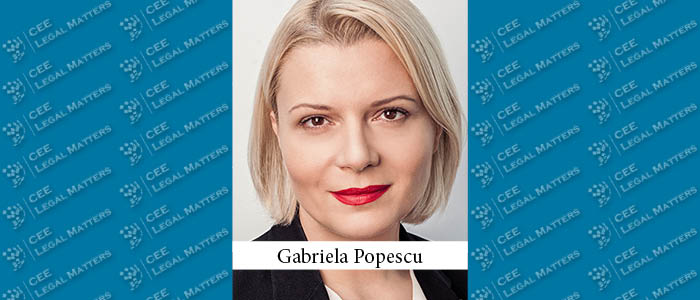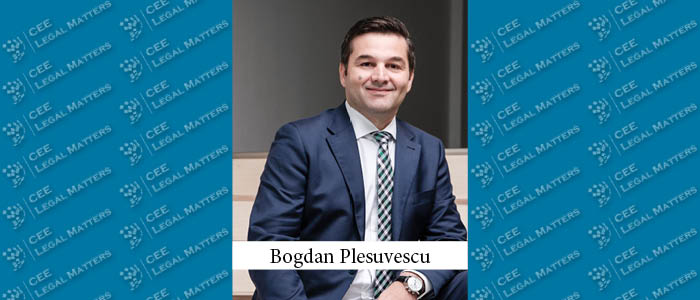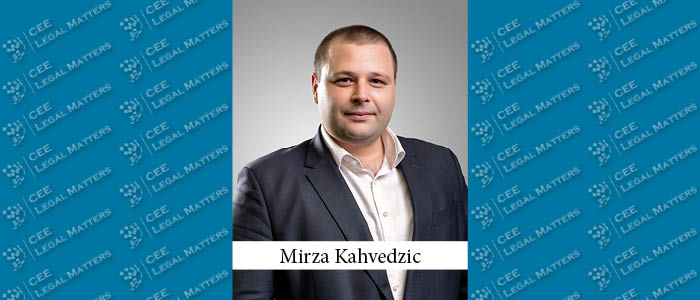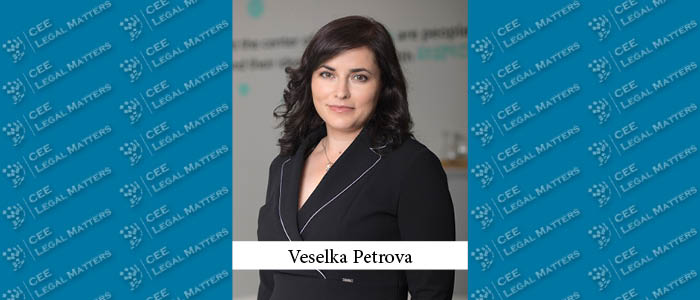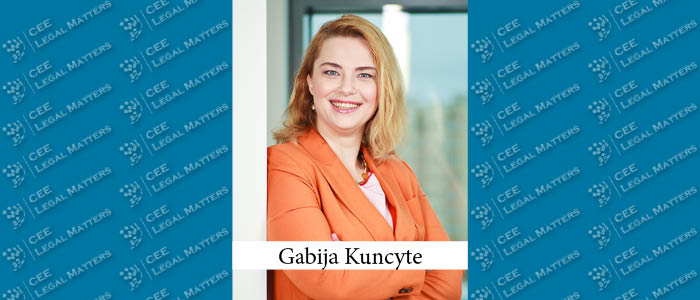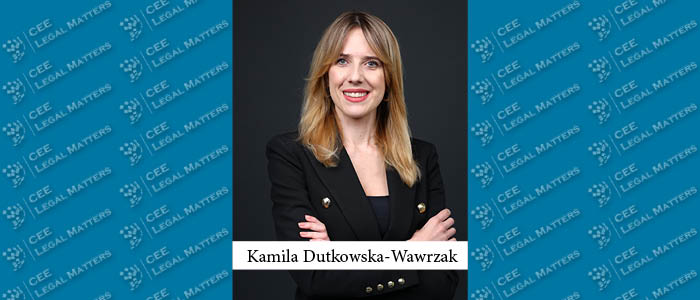With preparations for the 2024 CEE Legal Matters Hungary General Counsel Summit in full swing, Peter Virag, the Head of Antitrust, Competition, and Trade at Oppenheim, shares his thoughts about the upcoming event and what he's looking forward to as both a moderator and participant.
2024 HU GC Summit Sneak Peek: Interview with Tamas Feher of Jalsovszky
With preparations for the 2024 CEE Legal Matters Hungary General Counsel Summit in full swing, Jaslovszky's' Tamas Feher talks about the upcoming event and the panel he'll be moderating.
2024 HU GC Summit Sneak Peek: Interview with Csaba Polgar of Pontes
With preparations for the 2024 CEE Legal Matters Hungary General Counsel Summit in full swing, Pontes' Csaba Polgar talks about the upcoming event and what he's looking forward to the most.
2024 HU GC Summit Sneak Peek: Interview with Miklos Klenanc of Schoenherr
With preparations for the 2024 CEE Legal Matters Hungary General Counsel Summit in full swing, Schoenherr's Miklos Klenanc talks about the upcoming event and the panel he'll be moderating.
The Inside Track: Whistleblowing – In-House or Outsource?
In the Inside Track, General Counsels across CEE share the nuances of their roles, challenges, and strategies for success. With organizations continuously challenged to adapt to new and complex legal frameworks, this time we asked: For the implementation of whistleblowing requirements, do you intend to use internal resources or outsource, and why?
Inside Insight: Gabriela Popescu of Microsoft
Microsoft Corporate, External, and Legal Affairs Head for Central Europe Gabriela Popescu talks about her career and her passion for navigating complex legal landscapes.
Inside Insight: Bogdan Plesuvescu of Banca Transilvania
Bogdan Plesuvescu has worked in both Moldova and Romania’s banking sectors, progressing from a legal role at Banca Transilvania to CEO of Viktoriabank to Deputy CEO back at the “mother organization.”
The Inside Track: Team Critical Skill
In The Inside Track, General Counsels across CEE share the nuances of their roles, challenges, and strategies for success. In the dynamic landscape of modern businesses, where adaptability and innovation are paramount, this time around we asked GCs: What is the one critical skill that you’re investing time and energy in to develop within your team, and why?
Inside Insight: Mirza Kahvedzic of EOS Matrix Bosnia and Herzegovina
EOS Matrix Bosnia and Herzegovina Executive Director for Legal Affairs Mirza Kahvedzic discusses his career path leading up to his current role, how his legal team operates, and current challenges faced due to slow court proceedings.
Inside Insight: Richard Bacek of Siemens
Siemens General Counsel for the Czech Republic and Slovakia Richard Bacek talks about his transition from law firms to in-house and ongoing challenges including navigating new legislation, such as cybersecurity regulations.
Inside Insight: Sandor Zorad of MET Group
After eight years with the MET Group, Legal Director Sandor Zorad reflects on the company’s path to international expansion.
Inside Insight: Marcela Augustinic of DM Drogerie Markt
With a background in international law firms, Marcela Augustinic transitioned to become the first general counsel at DM Drogerie Markt in Slovakia, where she has been serving for the last eight years. Augustinic shares her strategies for balancing internal and external legal resources to tackle emerging regulatory challenges and drive sustainable growth in the ever-evolving market.
Inside Insight: Interview with Veselka Petrova of Yazaki
From her beginnings as an M&A attorney in Bulgaria to her current role as Regional Compliance Manager for Eastern Europe at Yazaki, Veselka Petrova’s career has been a testament to the power of blending legal expertise with strategic business insight.
The Inside Track: In-House Legal Budgets 2024
In The Inside Track, General Counsels across CEE share the nuances of their roles, challenges, and strategies for success. Since now is the time when plans for next year are made (and budgeted for) this time we asked GCs: Is your in-house legal function’s budget increasing, decreasing, or remaining the same in 2024?
Inside Insight: Interview with Tomislav Pifar of Infobip
Infobip General Counsel Tomislav Pifar first joined the company in 2011 and has been a witness to the company’s remarkable growth over the past 12 years. In reflecting on his journey, he explores the evolution of in-house legal work and international exposure, placing a particular emphasis on the transformative impact of AI on daily operations.
The Inside Track: Parting Ways
In The Inside Track, General Counsels across CEE share the nuances of their roles, challenges, and strategies for success. Given the importance of relationships between in-house legal departments and law firms, this time we asked GCs: What is the most common reason for which you cease working with a specific law firm and what would you suggest firms definitely do to ensure they do not make the same mistake?
Inside Insight: Interview with Gabija Kuncyte of Compensa Life Vienna Insurance Group
After several years working for law firms and on major energy projects, Gabija Kuncyte has been with Compensa Life Vienna Insurance Group’s Lithuanian Branch as a Legal and Compliance Officer for over a year and a half. She discusses the evolution of in-house legal positions and the nuances of the legal industry in the Baltic region.
Inside Insight: Interview with Kamila Dutkowska-Wawrzak of Panattoni
Panattoni Legal Director Kamila Dutkowska-Wawrzak talks about her background and in-house transition, building up the in-house legal team, and their current workload.






